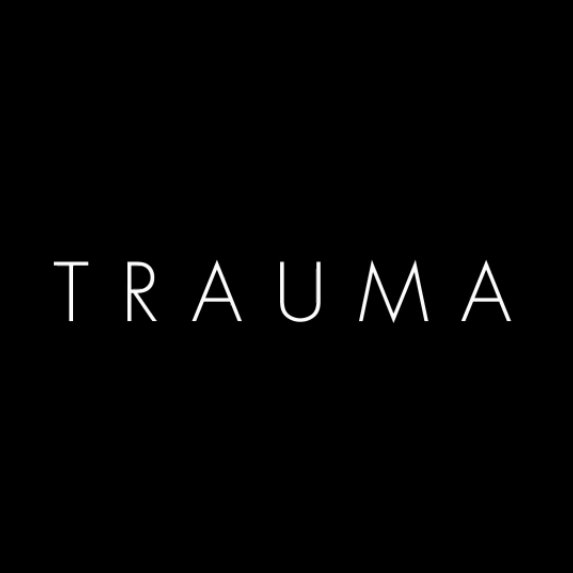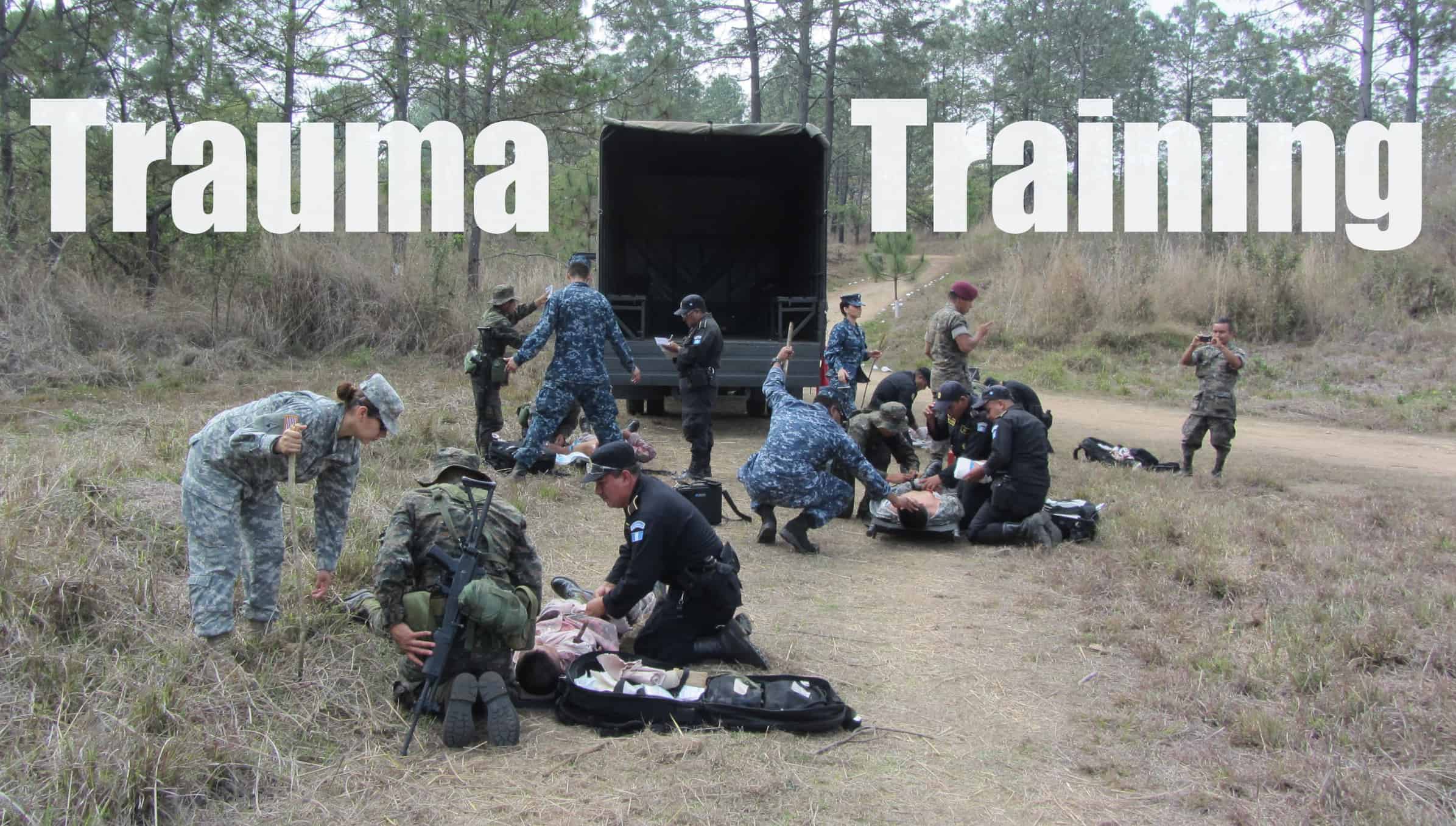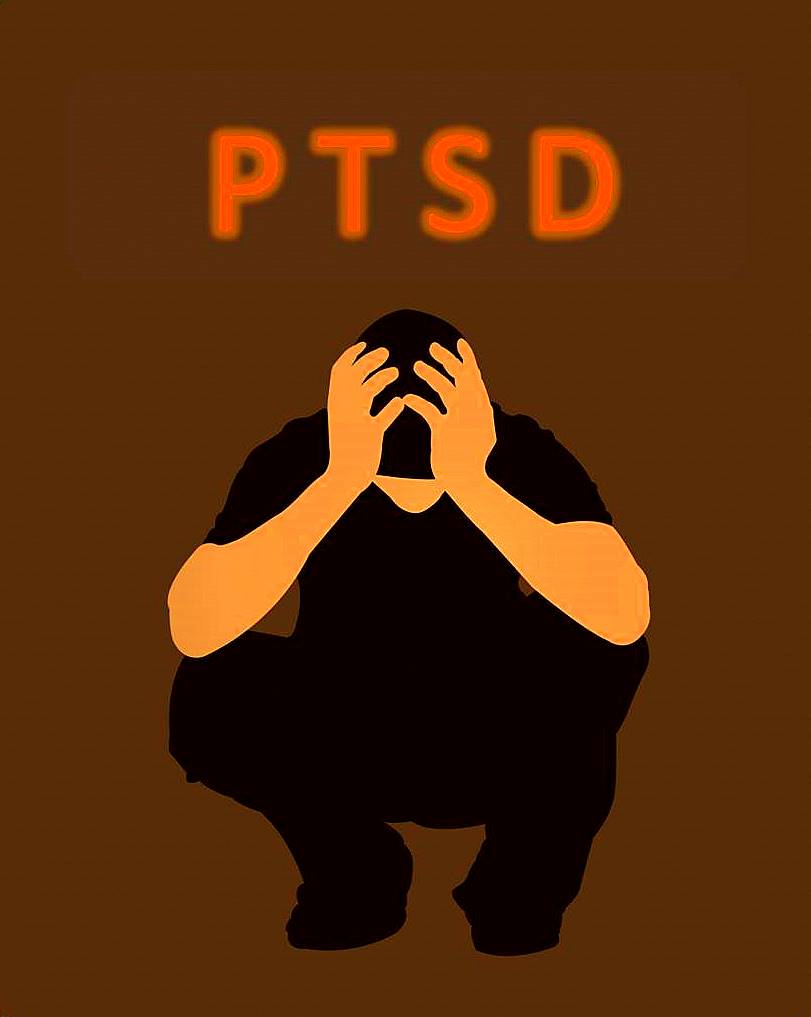 By Melissa Satterwhite and Ross Ashcraft
By Melissa Satterwhite and Ross Ashcraft
When I consider the people I know that have witnessed trauma, my first thought for helping them was never massage. Honestly, massage was not even second or third. How could massage benefit someone who has obviously encountered something so horrific that they required professional help? Could the compassionate touch from another actually help them long term?….could it?
When I considered pursuing massage therapy, my first thought was not to work with trauma survivors. I did not intentionally exclude this idea or dismiss its value it is simply something I did not really consider. Despite this, the more I learn of massage and its benefits, the more evident it is that massage has great value as part of a holistic approach to treatment for trauma related conditions.
Trauma is what we call the body’s response to something terrible it has experienced. Trauma could be anything from a car wreck, to a soldier coming home from war, and physical or sexual abuse. Trauma, and the body’s response, is as diverse as the population itself. Though there is a myriad of ways for massage to benefit trauma survivors, I am going to focus one main approach.
Trauma Touch Therapy:
A common response to trauma is to separate one’s self from one’s feelings and, ultimately forget what your feelings, “feel” like. The goal of Trauma Touch Therapy is to help survivors reconnect with…themselves. Going numb is a common reaction to trauma. While this is can be a necessary defense mechanism when initially traumatized, if this numbness locks into place it will do so indiscriminately. Meaning: all things become numb. Both good and bad feelings and sensation are suppressed. This will might cause loneliness and a profound disconnection from those they love.
The therapist typically designs 10 sessions that progress through treatment goals. The client must learn to feel that they are in control. Unhealthy touch is unfortunately a common way that people become traumatized. Training the client to accept honest healthy compassionate touch is integral to the client gaining control of their life again. A requirement of participating in a Trauma  Touch program is being in active psychotherapy. Practitioners feel that this holistic approach makes overall treatment more beneficial. Trauma Touch Therapy is a modality that requires a 100 clock-hour advanced training program. For more information, please go to http://www.massagetherapy.com/articles/index.php/article_id/542/Trauma-Touch-Therapy-
Touch program is being in active psychotherapy. Practitioners feel that this holistic approach makes overall treatment more beneficial. Trauma Touch Therapy is a modality that requires a 100 clock-hour advanced training program. For more information, please go to http://www.massagetherapy.com/articles/index.php/article_id/542/Trauma-Touch-Therapy-
 General Relaxation Massage:
General Relaxation Massage:
There are also venues where traditional massage is used as a part of a treatment approach for trauma related conditions. One specific example involved the use of massage in the treatment of Post Traumatic Stress Disorder (PTSD) with veterans. An element of PTSD includes a state of hyper-arousal, in addition to anxiety, panic, insomnia, and tension-induced pain. All of these symptoms can be addressed with massage. Swedish massage, along with Reiki, Acupuncture / Acupressure, Qigong, etc., are being used along with psychotherapy and traditional medicine for a holistic approach.
 What do you think? Do you feel massage can make a difference? Tell us your thoughts?
What do you think? Do you feel massage can make a difference? Tell us your thoughts?
References:
http://www.defense.gov/news/newsarticle.aspx? id=49835
http://www.massagetoday.com/mpacms/mt/article.php?id=14328










Comments are closed.